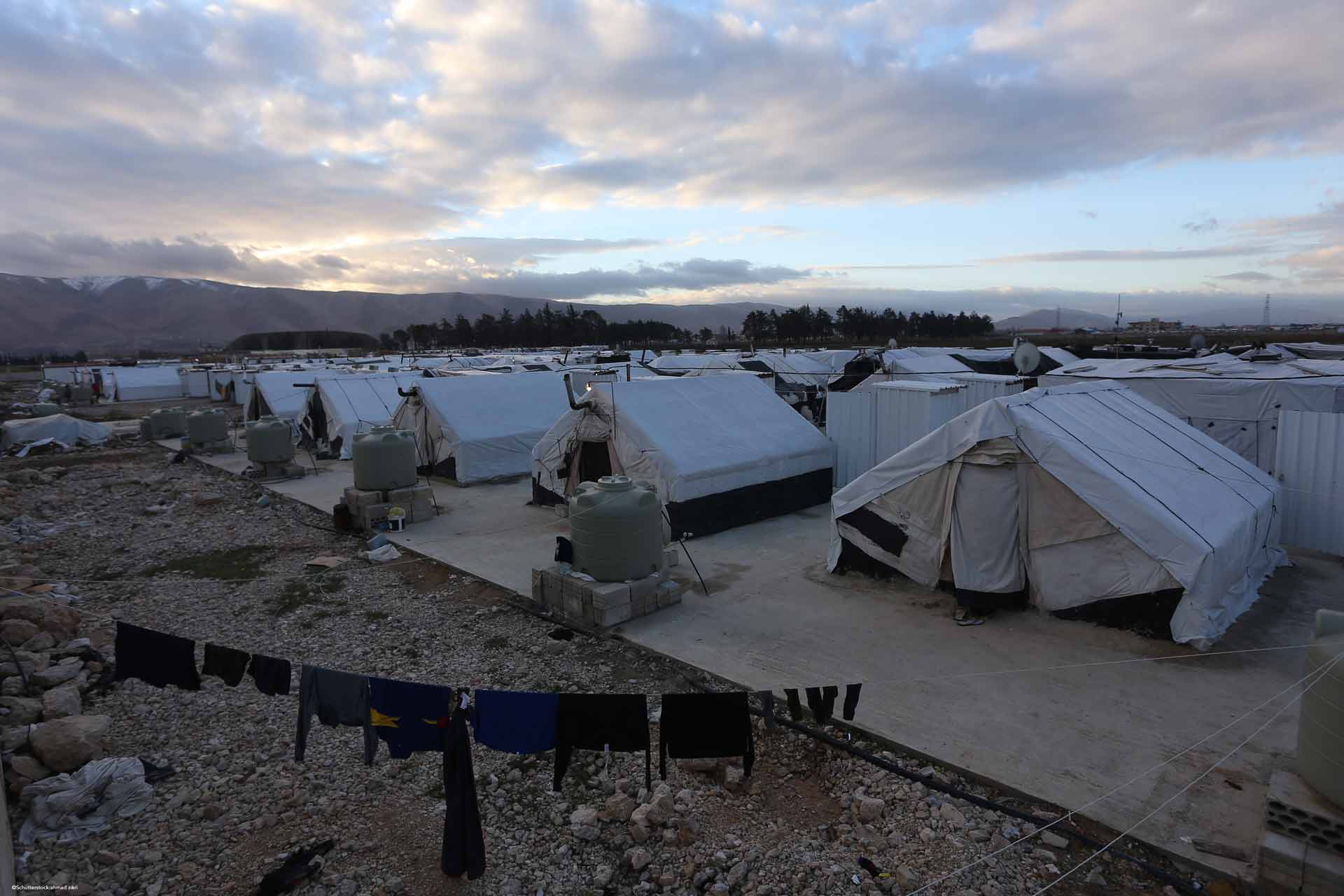The new blog series is a part of the continued collaboration between the Migration Policy Centre and the School of Transnational Governance whose goal is to conduct advanced research on the transnational governance of international migration.
Stephanie Acker begins the series with her article about the innovative solutions for the housing needs of refugees:
Housing First transformed homelessness in the USA, could it do the same for refugee resettlement?
Once again, the world’s refugee crisis has taken centre stage, with the count rising to more than 26 million refugees worldwide. At the current rate it will take 18 years just to meet today’s refugee resettlement needs.
What might hold clues to the large-scale, systemic change that refugee resettlement needs? Homelessness.
The parallels between homelessness and refugee resettlement abound.
Homeless individuals and refugees experience pronounced trauma that dislodges them from their homes; they experience further trauma waiting in temporary situations; there are not enough places for them to settle long term; and many feel sympathetic, but long-lasting solutions are rare.
Housing First transformed homeless services into a responsive system.
Two decades ago, homeless service leaders in the United States proposed something seemingly radical: they could end homelessness. They implemented Housing First, a model that changed the order of services and slashed rates of chronic homelessness. Even more, it was cost effective.
It developed from an innovative service model into a nationwide homelessness response system – one that is ready and able to respond when something, like the recent uptick in homelessness numbers, occurs. Housing First fundamentally transformed how to tackle homelessness. Here’s what refugee resettlement policymakers and practitioners could learn from it.
These recommendations are focused on individuals with UNHCR-designated refugee status who are waiting for third-country resettlement, which does not include asylum-seekers and migration more broadly. While these situations require recommendations, they are not this blog’s focus.
